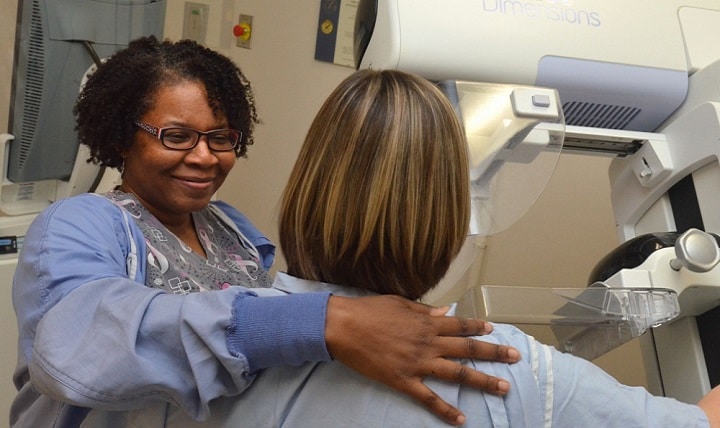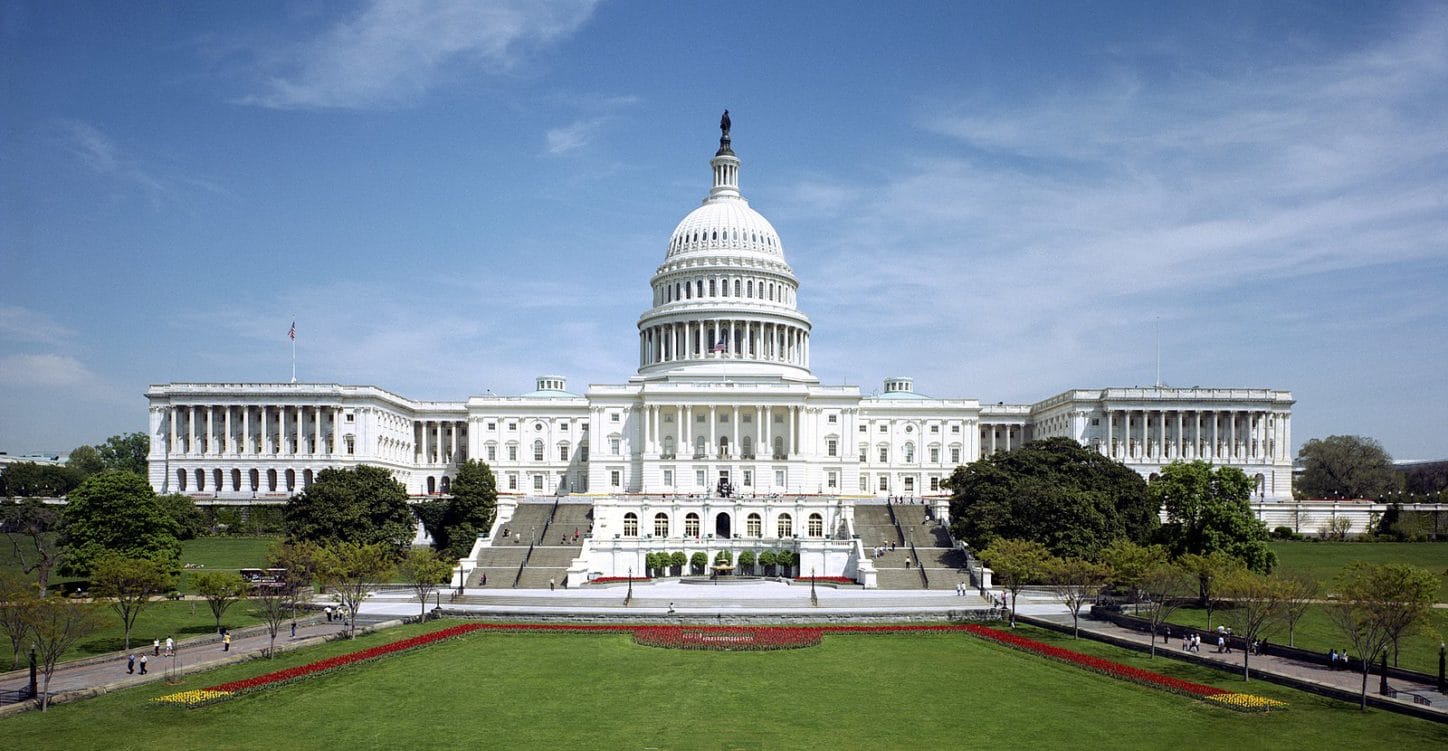Medicare Advantage may seem like an appealing choice, but you may find the insurer will refuse to pay, or will deny treatment and care you need. A new report by the Office of Inspector General (OIG) of the Department of Health and Human Services (HHS) found that Medicare Advantage plans have a built-in financial incentive for denying service.

The OIG report hits home now because open enrollment for Medicare starts October 15 and runs until December 7, 2018 and you have an opportunity to switch plans and choose Medicare Advantage. It’s also significant because if you have it and you want to get out of it, you won’t be able to join the popular Medicare Part F Medigap plan, starting in 2020. Read more about this below.
For now the choice you make could impact your health.

Twenty million people enrolled in Medicare Advantage plans in 2018. These plans, run by private companies, seem attractive because they cover a wide-range of service for inclusive fees. They do require doctor referrals and often you must use the doctors or services within the network.
Investigators says these private Medicare Advantage Organizations (MAOs) often “…inappropriately deny access to services and payment in an attempt to increase their profits. An MAO that inappropriately denies authorization of services for beneficiaries, or payments to health care providers, may contribute to physical or financial harm and also misuses Medicare Program dollars that CMS paid for beneficiary healthcare.”

The Medicare Advantage plans get paid for each person they sign up, not for the care or services people receive. So once you’re enrolled, there’s no incentive for delivering what you need.
Here’s what happens: Your medical problem requires a procedure, or a referral. Your Medicare Advantage plan turns you down. Most people don’t appeal. But the OIG discovered that between 2014 and 2016, when people did appeal, they were successful 75 percent of the time. That adds up to 216,000 denials overturned each year. In addition, more denials were overturned by people higher up in the Medicare Advantage organizations. So some people in these insurance companies are making bad decisions.
That means more people should appeal these denials. The appeal rate is just 1 percent. That means a lot of people are not getting the care they need and deserve and have paid for, and that’s not only costly but potentially dangerous.
The Centers for Medicare and Medicaid Services (CMS) recognize the problem. In 2015, it cited 45 percent of the Medicare Advantage companies with improper denials or for sending denial letters with incomplete or incorrect information.
The inspector general called for more oversight by CMS. But for people making choices right now, you might want to think twice about a Medicare Advantage plan and opt for Medigap or supplemental insurance called Part F by Medicare.
Plan F is popular with Baby Boomers because it picks up the 20 percent of the bill Medicare Part B doesn’t cover. Rates are set locally depending upon where you live. Medicare recipients pay $149 in a place like Ft. Worth, Texas and as much as $336 in Miami, Florida, according to Forbes. Part F also covers 80 percent of your health care if you become ill during foreign travel.
But guess what?

Congress in 2015 passed a law that does away with Part F as of 2020 as a way of reducing the budget deficit. Why didn’t we complain?
If you have Part F now, you won’t lose it. But anyone who signs up in the future won’t be able to enroll as of 2020.
Every time, I write one of these healthcare stories I remember the sheep that we saw in Sardinia. Take a look.



